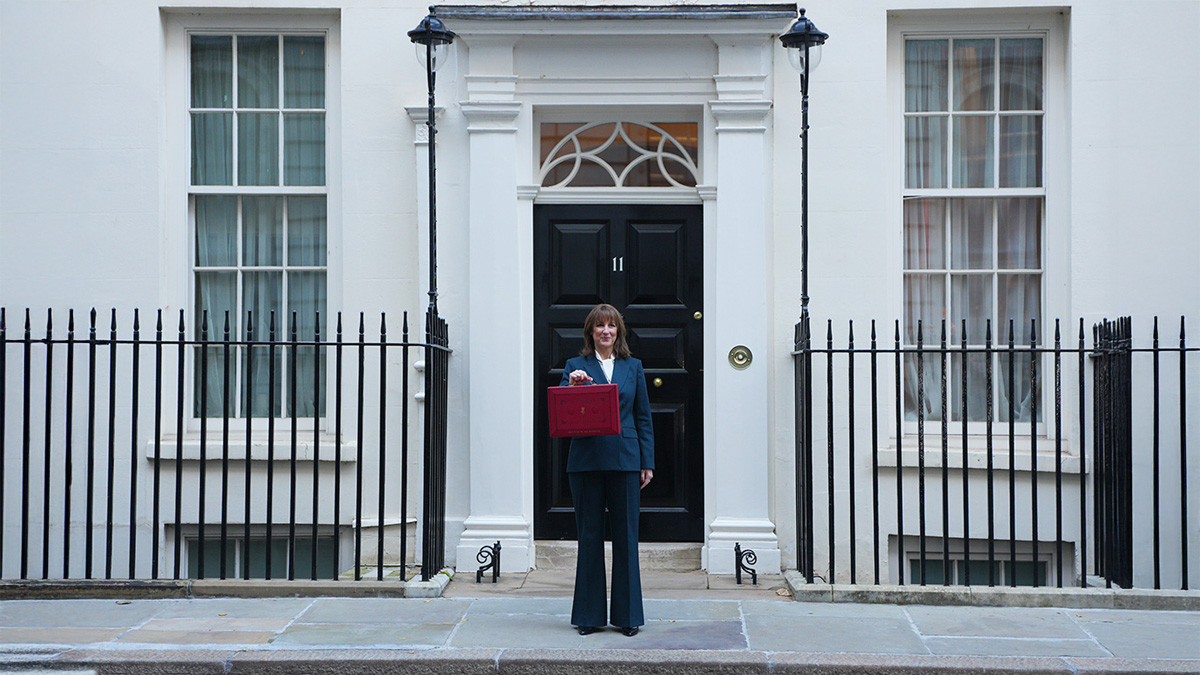
At the beginning of the week, the US celebrated 246 years since it declared its independence from the UK. Since then, the US has grown to become the biggest economy in the world. We took a closer look at the biggest corporate spin-offs of all time.
This list is in no particular order.
eBay and PayPal
Back in 2002, eBay purchased the Elon Musk-founded company PayPal whilst the online payments company was still relatively young. But after 13 years of working together, the two went their separate ways in 2015.
However, since it began trading, Reuters reports that the value of PayPal shares has risen 92% as of June 17th, 2022. Although the value of eBay’s shares hasn’t risen quite as high in the same period, the online marketplace has still made gains of 62% since its 2015 split.
The breakup of the Bell System
Up until 1984, one telecom giant was the sole provider of telephone services to most of the United States: the AT&T Corporation. AT&T’s subsidiary, Western Electric, also produced most of the telephonic equipment in the country.
However, AT&T was facing an antitrust lawsuit, which resulted in a request to divest ownership of Western Electric. Fearing they were going to lose the suit, AT&T proposed to break up instead, resulting in the formation of seven independent companies.
Despite its book value dropping an estimated 70% as a result, AT&T’s revenue was still a whopping $168.9bn in 2021.
Honeywell International and AdvanSix
Honeywell International, the U.S. manufacturer of aerospace parts and climate control systems, decided to spin off its resins and chemicals business in 2016, creating AdvanSix, which creates nylon 6 along with a range of other related chemicals.
At the time of the spin-off, this unit of Honeywell accounted for 3% of its total sales, but AdvanSix stock has risen by 182% since it began trading, according to Reuters. Honeywell’s stock has risen 66% during the same period.
Altria and Phillip Morris
In terms of transaction value, the corporate spin-off of Phillip Morris International from the Altria Group in 2008 is the largest, worth an incredible $108bn at the time and $141bn today if adjusting for inflation.
Two of the world’s largest tobacco companies, they split due to concerns over payouts to shareholders and smoking lawsuits. But in 2019, there were rumours that the two could get back together, creating a company worth more than $200bn. Any future merger was, however, ruled out by Phillip Morris CEO, Jacek Olczak last year.
BCE and Nortel
When one of Canada’s largest holding companies, BCE Inc., decided to spin off its stake in Nortel, the telecoms and networking equipment giant that once accounted for more than a third of the total valuation of all companies listed on the Toronto Stock Exchange, the deal was worth a staggering $60bn.
However, just nine years later, Nortel became the largest bankruptcy case in Canadian history. Fortunately, BCE did not suffer the same fate, and in 2021, the company reported revenues of $18.44bn.
Mondelez International and Kraft Foods Group
Multinational snack food company Mondelez International was formed in 2012 after Kraft Foods Inc. was renamed. At the time of its establishment, Mondelez’s grocery business was spun off to create the Kraft Foods Group.
Today, Mondelez has an annual revenue of about $26bn and operates in approximately 160 countries, whilst the Kraft Foods Group went on to become a part of Kraft Heinz, a company which, incredibly, also turns over $26bn in sales per year.
The dissolution of DowDuPont
In 2017, Dow Chemical and E. I. du Pont de Nemours merged in a deal reported to be worth $130bn. The resulting company, DowDuPont, was the world’s largest chemical company in the world at the time in terms of sales.
However, just 18 months later, the company decided to split into three publicly traded companies: Corteva, which focuses on agriculture; Dow Inc., a materials science company; and speciality products business DuPont. According to Reuters, since they started trading, Dow stocks have risen 10% and Corteva is up 79%, but DuPont has dropped more than 27%.
Viacom and Viacom Inc.
In 2006, US media conglomerate Viacom split into the CBS Corporation, which would be its legal successor and focus mainly on commercial broadcasting, publishing and TV production, and Viacom Inc., a separate company that focused primarily on film and television.
The deal was worth an estimated $32bn at the time, but the two companies ended up remerging in 2019 to form ViacomCBS, which has since been renamed Paramount Global. In 2021, Paramount generated $28.59bn in revenue.
Hewlett-Packard and Agilent Technologies
Agilent Technologies was formed in 1999 after the US IT giant Hewlett-Packard decided to split off its electronic and bio-analytical test and measurement instruments business, in a move that saw Agilent break the record for the largest IPO in Silicon Valley history at the time, raising $2.1bn.
However, Agilent is not the only major spin-out from the computer hardware giant: in 2015, Hewlett Packard Enterprise was formed after HP spun off its enterprise products and services arm, with the personal computer and printer division becoming HP Inc. in the process.
Abbott Laboratories and AbbVie
Medical device and healthcare company Abbott Laboratories had been around for more than 120 years before making the decision to split off its researched-based global biopharmaceutical business in 2011.
AbbVie was eventually formed in 2013 and is one of the world’s largest companies in its sector today, generating revenues of $56.2bn in 2021. Meanwhile, Abbott Laboratories generated $43.1bn in the same year, whilst its subsidiary, Abbott India Limited, is currently India’s largest healthcare products company.
IBM and Kyndryl
In November 2021, tech corporation IBM completed the divestment of the Managed Infrastructure Services unit of its Global Technology Services division into a new public company: Kyndryl.
Upon its formation, the IBM spin-off would have 90,000 employees, 4,600 clients in 115 countries, and a backlog of $60bn, making it one of the biggest divestitures ever. However, since it began trading, Reuters reports that Kyndryl stock had fallen 81%, whilst IBMs had risen by 10.5%.
CK Hutchison and Cheung Kong Property Holdings
Cheung Kong Holdings was one of Hong Kong’s leading multinational conglomerates and in 2015, the company merged with its subsidiary, Hutchison Whampoa. This was part of a major restructuring that saw both companies go private.
Hutchinson Whampoa replaced its major listed company with CK Hutchison Holdings, whilst Cheung Kong Holdings span off its property holdings to create CK Asset Holdings. In 2021, revenues for CK Hutchison stood at $56.73bn.
Related and recommended

The prime minister and chancellor may be safe for now but Cabinet ministers believe it’s a case of when, not if, they fall

After creating her own hair oil blends as a student, Lucie Macloud grew Hair Syrup into a multi-million pound business that she’s now expanding into Europe and the US

Thea Green, one of the UK’s most successful entrepreneurs in the beauty and self-care space, shares her advice

Nick Grey's story is a tale of grit, design obsession and the strategic choices behind sustainable success

